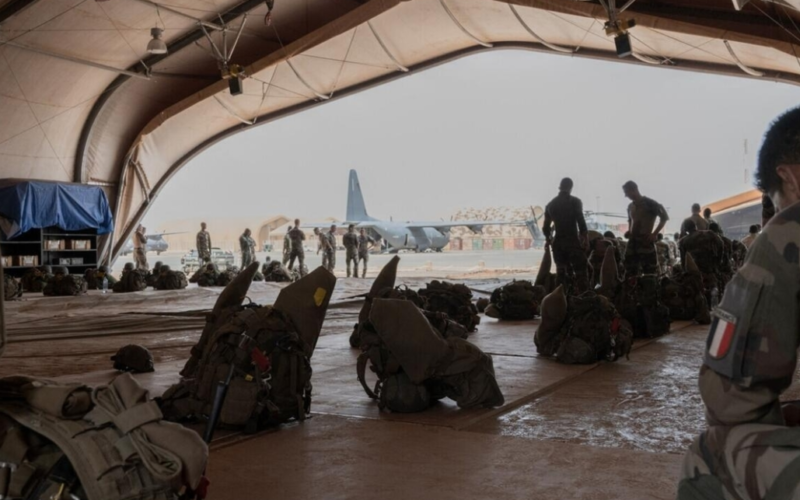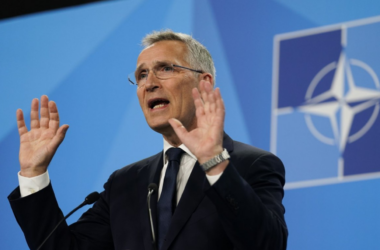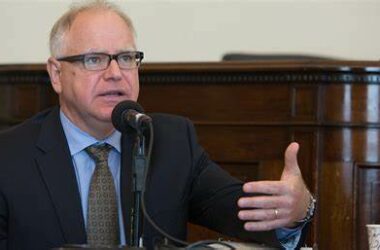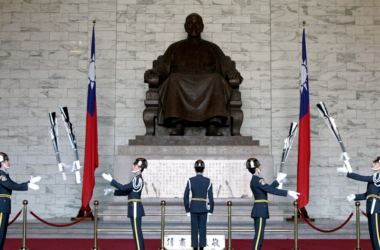France has initiated the process of withdrawing its military personnel and assets from Niger, marking a momentous development in its foreign policy approach. This strategic move, prompted by a series of diplomatic negotiations and concessions, signifies a notable shift in France’s stance toward Niger’s junta government, which came into power following a military coup in July.
An official statement released by the French government confirmed the commencement of the disengagement of military personnel and assets stationed in Niger. According to the statement, this phased withdrawal is set to begin this week, with the overarching objective of ensuring that all French military personnel are safely returned to France by the end of the year.
The decision to withdraw French troops from Niger was first articulated by French President Emmanuel Macron in September. President Macron had initially adopted a firm stance toward Niger’s junta government, which had seized power through a military coup. However, over the course of more than two months of diplomatic negotiations, he eventually acceded to the junta’s demand for the departure of French forces from the nation.
Macron’s decision follows recent compelled withdrawals from Burkina Faso and Mali. Despite over a decade of French military presence in Africa’s Sahel region, primarily aimed at combating Islamist terrorism, Paris has witnessed a notable decline in its influence in recent months.
There are lingering uncertainties for France, including the destination of the troops previously stationed in Niger and the future plans for the military bases that remain in Africa. Additionally, the French army now faces a logistical challenge, as it must evacuate Niamey’s temporary air base within three months. While the majority of personnel will be flown out, the transportation of equipment will necessitate overland routes.
The initiation of the troop withdrawal from Niger represents a pivotal moment in France’s foreign policy, particularly in its relations with nations facing political transitions and instability. This move reflects France’s willingness to adapt its approach and align with the evolving dynamics of the region.
Niger’s junta government had consistently advocated for the withdrawal of French troops from its territory as it sought to assert its sovereignty and independence. President Macron’s decision to comply with this demand signifies a recognition of the junta’s authority and the desire to engage with Niger’s new leadership on different terms.
The commencement of the French troop withdrawal from Niger underscores the ever-evolving nature of diplomatic relationships in regions grappling with political transitions and instability. France’s decision to adapt to the changing landscape and engage constructively with Niger’s junta government signifies a significant shift in its foreign policy approach. As this withdrawal unfolds, it will be closely observed how this change impacts France’s broader engagement with nations experiencing political transformations.








